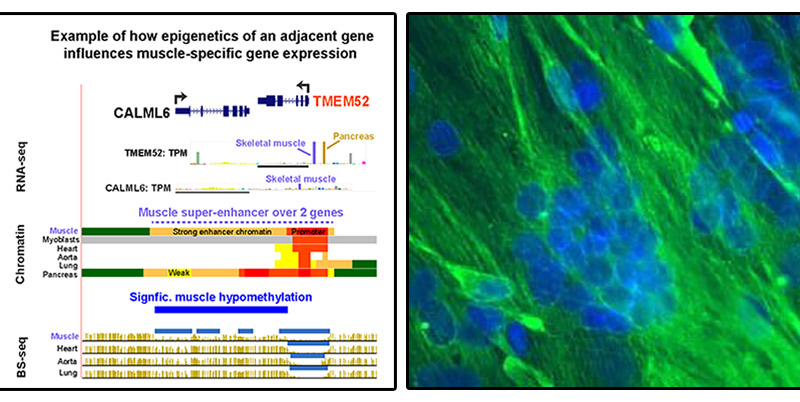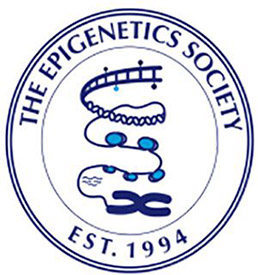 My lab has been involved in many aspects of epigenetics (cell-inherited changes in DNA methylation and chromatin) to elucidate human development and disease. Our previous research on epigenetics included the following:
My lab has been involved in many aspects of epigenetics (cell-inherited changes in DNA methylation and chromatin) to elucidate human development and disease. Our previous research on epigenetics included the following:
- the first report of 5-methylcytosine (the fifth base in human DNA) increasing the stability of the double helix;
- the discovery of N4-methycytosine in bacterial DNA;
- the first demonstration of tissue-specific differences in overall levels of DNA methylation in humans;
- one of the first two reports (1983) of changes in DNA methylation in human cancers, which is now one of the most active areas of cancer research for diagnostics, prognostics, and treatment development;
- the first report of a human protein that preferentially binds to methylated DNA sequences;
- the first whole-genome expression analysis in an inherited disease characterized by too little DNA methylation (the immunodeficiency, centromeric region abnormality, facial anomalies, ICF syndrome);
- insights into myotonic dystrophy type 1 from epigenetics
- insights into the functions of 5-hydroxymethylcytosine, the naturally occurring sixth base in human DNA
- discovery of super-enhancers associated with tissue-specific expression of five cardiac fibrosis-related genes
Example of how epigenetics of an adjacent gene influences muscle-specific gene expression
Immunostained multinucleated human myotubes

https://www.mdpi.com/2075-4655/4/1/1
Currently, we are continuing the study of the epigenetics of genes that are specifically upregulated or downregulated in skeletal muscle and its progenitor cells (myoblasts and myotubes). This research has implications beyond skeletal muscle, e.g., some of these genes have abnormal methylation and expression in cancer. In addition, we are collaborating with Drs. Hong-Wen Deng and Hui Shen, in a project that prioritizes and examines candidates for regulatory single nucleotide polymorphisms (SNPs) that are associated with increased risk of osteoporosis or obesity.
Epigenetics Society: free membership for faculty, postdocs, & students:
http://epigeneticssocietyint.com/
Melanie Ehrlich, President and Founder
